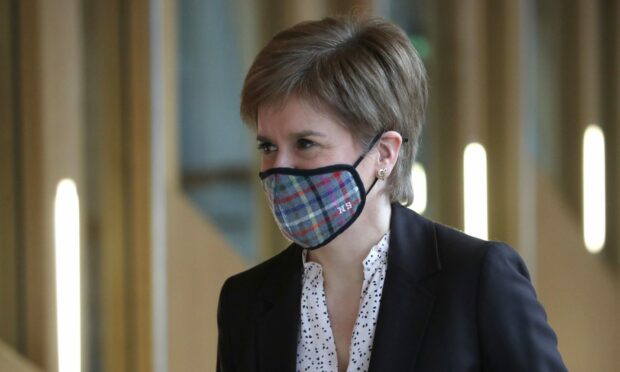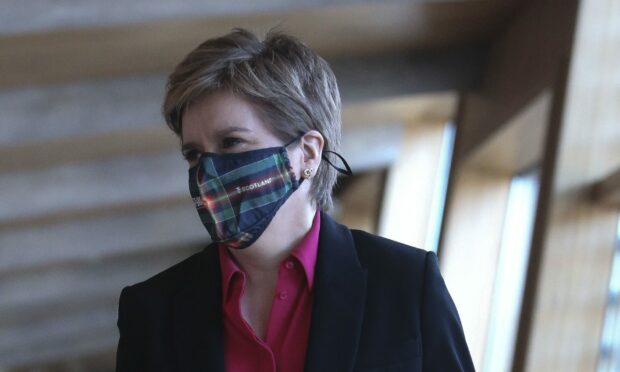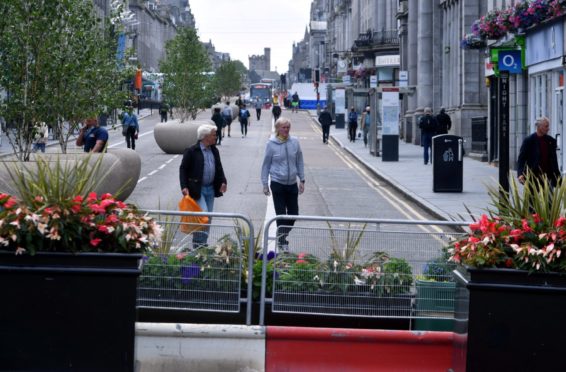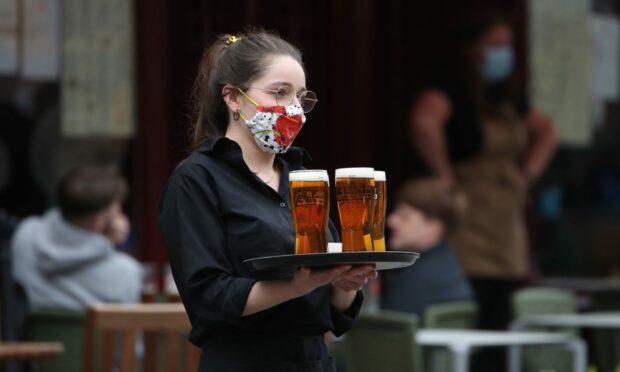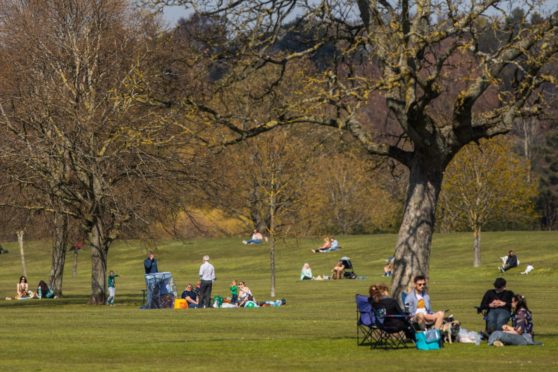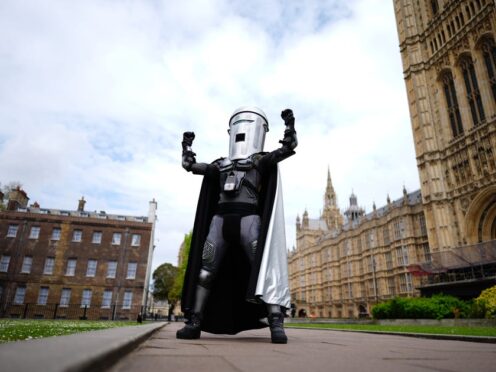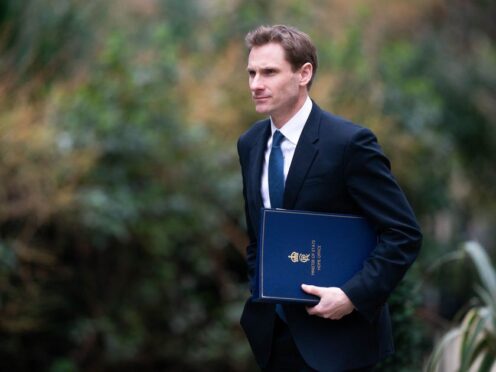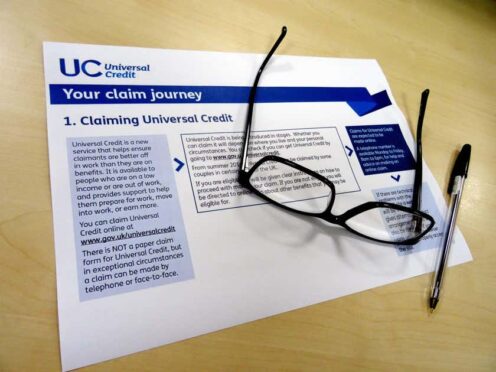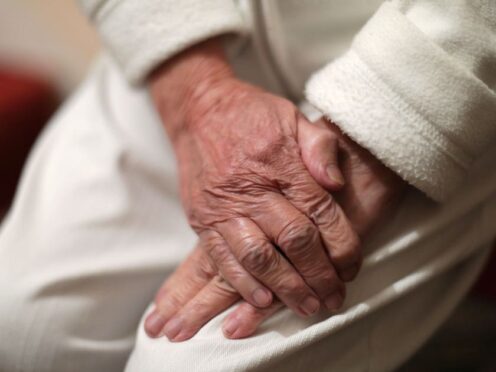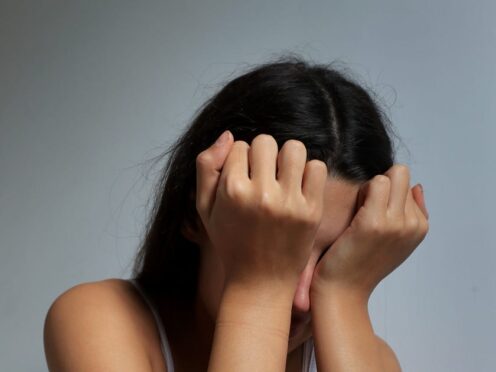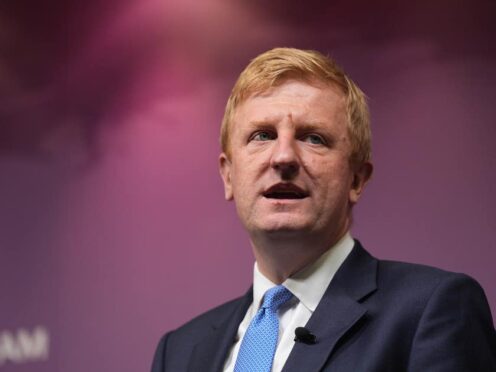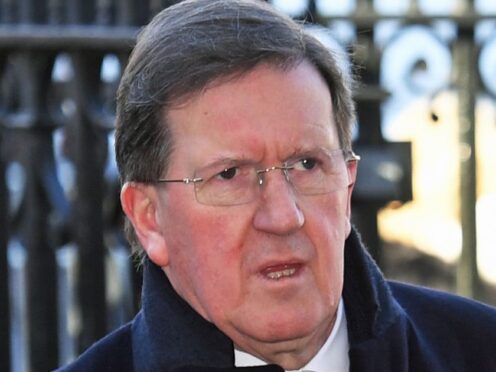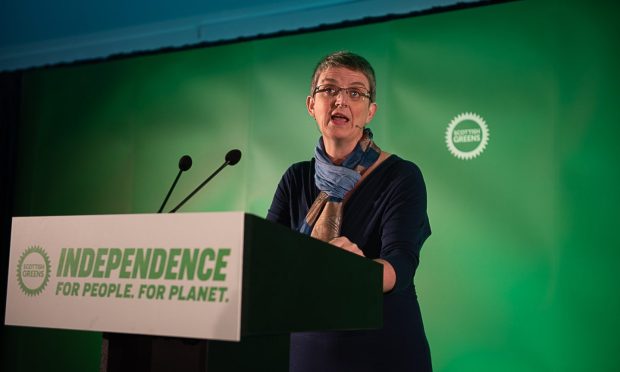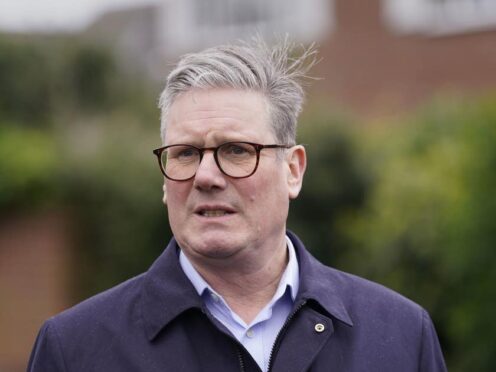Emergency Covid lockdown powers could be here to stay as part of Scottish Government plans to deal with a future pandemic crisis.
The SNP at Holyrood wants to keep access to powers to impose stay-at-home restrictions, restrict access to schools and holding more court hearings remotely.
The proposal to deal with any “future public health threats” was described by the SNP’s opponents as a “power grab” affecting everyone in society.
Nicola Sturgeon’s party were also branded “shameless” by critics who urged them to give up the control measures.
A business group said it was a blueprint to “go backwards”.
We should be looking for ways to add more checks and balances to executive power, not undermining democracy and handing a free rein to ministers.”
Aberdeen and Grampian chamber of commerce
However, others said some of the measures are sensible precautions drawing on the traumatic experience of the Covid crisis.
Here’s everything you need to know about the Bill as it is scrutinised at the Scottish Parliament.
What powers would become permanent?
Under the new rules, SNP would be able to bring in extensive lockdown measures for any new pandemic.
Ministers could issue orders forcing Scots to stay at home again and would be able to shut pubs, restaurants and shops.
The government could also shut schools without consulting parliament, a move which has incensed rivals insisting they must not close again.
The SNP say these measures would only be used in a huge public health emergency, but crucially there are no strict legal limitations on the powers.
The proposed laws would likely see face coverings becoming compulsory again, while social distancing rules would be reintroduced if necessary.
Further measures include more court hearings being held virtually.
Scots who are bankrupt will be still be given more generous thresholds before they are taken to court, while measures put in place to protect renters are to be retained.
Is this an SNP ‘power grab’?
The Scottish Government say it’s important to respond to any new pandemic immediately.
But critics pointed out virus measures introduced in 2020 were only meant to be temporary and should eventually expire.
The proposed laws were described as “alarming” by Scottish Tory MSP Murdo Fraser.
He said: “Whilst there may be measures in this Bill that are sensible long-term reforms, too much of it amounts to an unwarranted and unacceptable power grab by the SNP.
“The powers it would hand the Scottish Government permanently were only ever meant to be temporary. This Bill is an alarming and unnecessary overreach by the SNP.”
Meanwhile, Scottish Labour’s deputy leader Jackie Baillie said: “This is a shameless power grab from the SNP.
“These emergency powers were a necessary response to an unprecedented crisis – not a free pass for ministers to hoard new powers.
“This bill would give ministers permanent powers to confine people to their homes at the drop of a hat.
“There is simply no excuse for bypassing Parliament, when Holyrood has shown time and time again that it can respond with the urgency needed. The SNP must listen to the public and stop this gross overreach.”
What do business figures say?
The proposals were described as a “blueprint to go backwards” by the Aberdeen and Grampian Chamber of Commerce.
Policy director Ryan Crighton said: “After the last two years, we should be looking for ways to add more checks and balances to executive power, not undermining democracy and handing a free rein to ministers.
“The only meaningful check on these new powers is that ministers must consider whether restrictions are proportionate.
“This is a balance the government failed to get right with its damaging response to Omicron.”
In their report on the new proposals, the government recognised that citizens raised concerns over “undemocratic overreach of government power”.
Why is this being introduced now?
The Scottish Government launched a consultation on enshrining Covid powers into law last year.
Officials gathered evidence and opinion from public bodies, unions and residents across the country.
The new bills come as pandemic restrictions were once again eased north of the border at the start of this week.
Nicola Sturgeon had shut down nightclubs again and banned large crowds from going to events due to the Omicron variant.
But it’s hoped another wave of restrictions will not be needed anytime soon with the current emergency powers set to expire later this year.
Deputy First Minister John Swinney defended extending measures permanently and said these “pragmatic reforms” were useful for Scotland.
Could this law be positive?
Various public bodies and groups who responded to the consultation said the proposed laws could be helpful for tackling another pandemic similar to Covid.
Many of the measures being suggested are already enshrined in law both at Westminster and in Wales.
This means the Scottish Government would be able to take a unified four-nations approach in an emergency.
Public Health Scotland and Police Scotland believe the lockdown laws would would let the SNP respond “swiftly and effectively” in an emergency.
But a report said respondents also emphasised that checks and balances should remain in place to ensure draconian measures are not introduced unnecessarily.
New renting laws could give vulnerable tenants more power if they are being evicted unfairly by a landlord.
Meanwhile, a legal expert believes increasing debt levels to £5,000 before bankrupt Scots can be pursued would give more leniency to those in a difficult financial position without hurting creditors too much.
